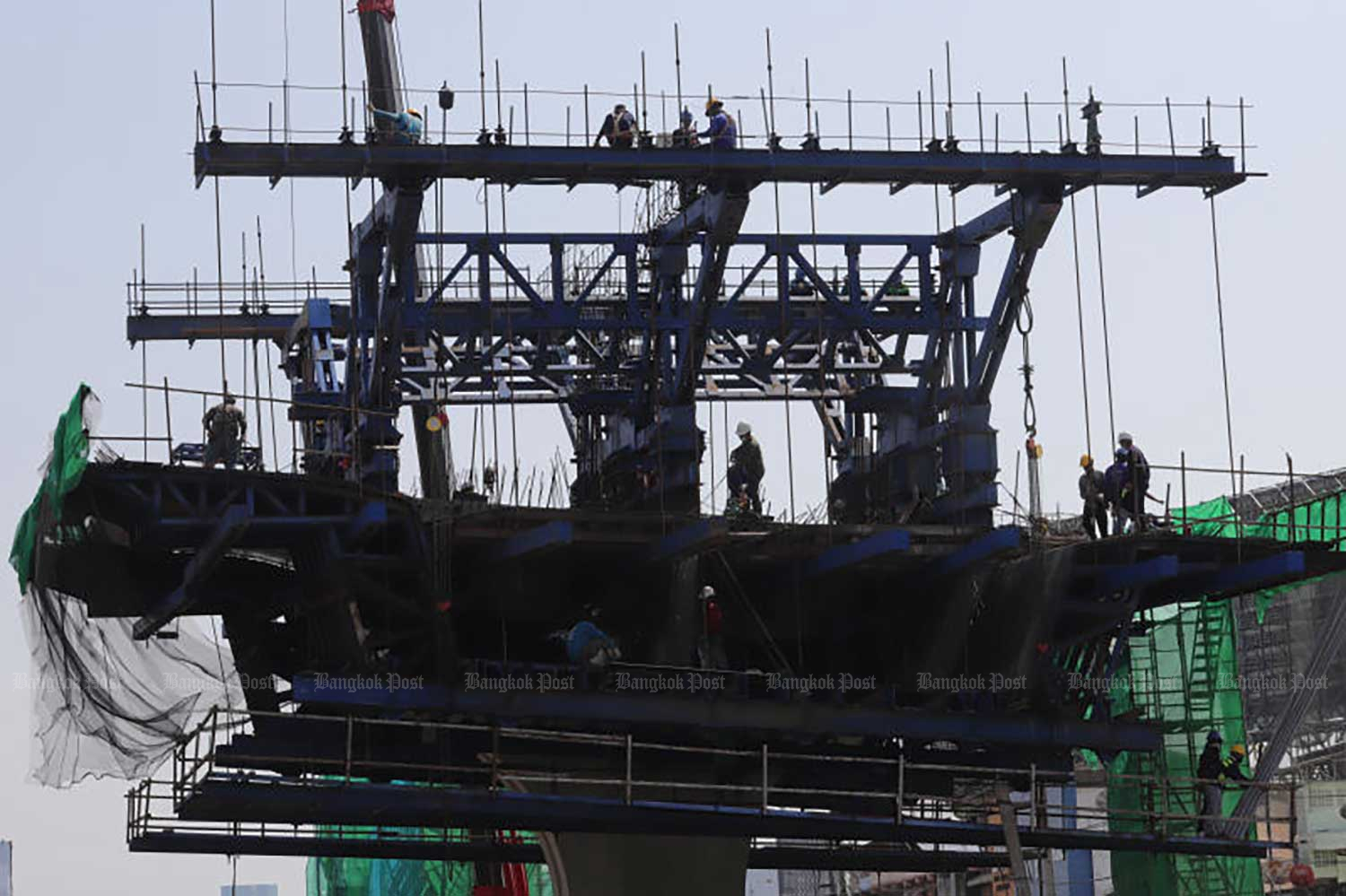
A workers' representative has reiterated a demand for a 492-baht flat rate minimum wage nationwide to increase purchasing power, calling it a more sustainable approach than a one-time cash handout.
Chalee Loysoong, adviser to the Thai Labour Solidarity Committee (TLSC), said boosting purchasing power through wage hikes will lead to a larger increase in economic activity, and is a more sustainable approach than the government's proposed 10,000 baht cash giveaway scheme, particularly when considering the multiplier effect.
He said the wage increase will not prompt businesses to move their production bases to other countries, as investment policies in the country are favourable.
Mr Chalee said the flat rate is being proposed because the prices of consumer goods are the same across the country.
"People in the provinces don't necessarily buy cheaper goods. It's vital to increase purchasing power across the board," he said.
He also warned the labour minister not to intervene in the work of the tripartite wage committee, saying the wage is reviewed by the panel which comprises representatives from the state, employers and employees.
Atthayuth Leeyawanich, chairman of the Employers Confederation of Consumer Goods and Services, said criteria must be considered when reviewing minimum wage, including inflation and economic growth. At the moment, he said, employers cannot afford the 400-baht rate and urged the government to take additional measures to improve the economy.
He echoed Mr Chalee's call for the government not to pressure the wage committee, which makes a final decision after reviewing reports from provincial committees. The approved wage is later forwarded to the labour minister and cabinet for endorsement.
"The new wage isn't finalised and we should let the committee do its job," he said.
The daily wage was raised across all 77 provinces to 328-354 baht in October last year, with the average daily minimum wage at 337 baht, despite the call for a flat rate of 492 baht. The increase, 5.02% on average, was approved after a freeze for over two years.